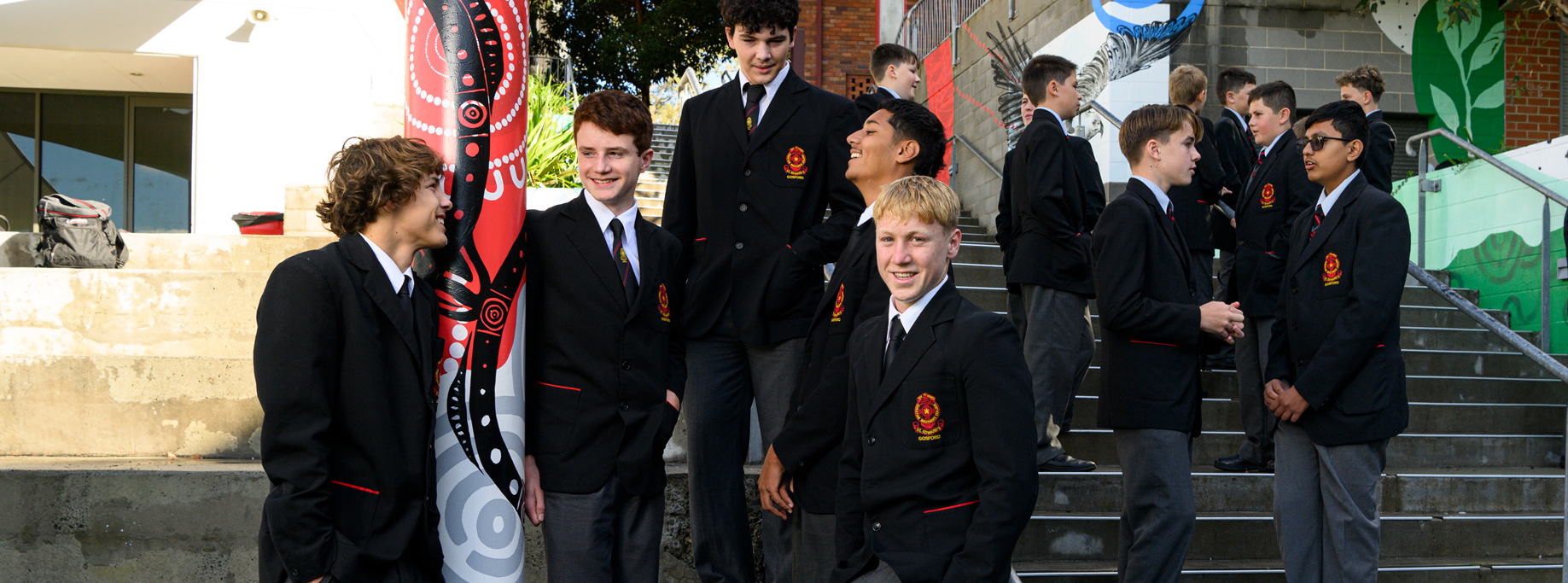
If you’re like me, the news of the Coronavirus (COVID-19) pandemic has your head spinning and your heart pumping. That’s only natural as life as we know has taken a seismic shift in recent days.
International travel bans, cancellation of sporting and cultural events, shopping frenzies and talk of school closures continue to dominate the airwaves. Terms such as social distancing, self-isolation and social lockdowns have entered our vocabularies and may soon become part of our daily lives.
Coronavirus is having an unprecedented impact on our daily lives, and will probably do so for some time. While keeping ourselves and children healthy and safe is our main concern, it’s also essential to address the anxieties of children and young people during these changing times. Here are some ideas to help inform, reassure and keep children and young people safe.
Build on What Your Children Know
Children and young people have already been exposed to a great deal of information about corona virus through media, digital means and direct social contact. Their understanding will vary depending on their age and also the quality of their information sources so you probably will need to help kids process what they already know.
Casual conversations with teenagers and older children can be useful ways to glean their understanding. You could ask questions like “What are you hearing about Coronavirus? Is there anything you’re not sure about?” Younger primary age children may need a more direct approach with parents addressing their specific concerns without giving too much information that can overwhelm them.
Check Your own Thoughts and Feelings
Check your own frame of mind and emotions about COVID-19 before talking to kids. Most children are astute mood detectives and they’ll gauge their safety by the way you communicate with them. If you tell a child, “You’ve got to wash your hands or you’ll get infected,” you are communicating your own anxieties, making it difficult for them to maintain a healthy state of mind. Have a think about how you can frame your instructions and their importance in a way that doesn’t heighten your child’s anxieties.
Stay Informed
It’s difficult to work out fact from fiction, correct from incorrect, information from exaggeration when the news is changing so fast. However you need to educate yourself about the virus itself, including how it’s transmitted and how to stay safe. Get information from trustworthy sources such as The Australian Government Health Department website and the current federal government corona virus information media campaign.
Answer Questions Truthfully
It’s important that parents and teachers answer children’s questions honestly in age-appropriate ways and within context of what is happening at the given time. If their sport or hobby has been temporarily cancelled empathise with their concerns, while helping them maintain a sense of perspective.
Initiate Positive Action
One way to reduce anxiety and allay children’s fears is to involve them in planning and preparation for their personal and group safety. Positive activities such as maintenance of personal hygiene, greeting people with an elbow tap and getting plenty of sleep can help restore a sense of control, that is so important for their wellbeing.
Find Refuge in Rituals
Regular rituals such as mealtimes, bedtime stories and regular one-on-one time provide both an anchor to normality and a sense of connection for kids at times of change. Consider reconstituting favoured family rituals at this time if they have lapsed due to lack of time, or lifestyle frenzy.
Look Outwards
In difficult times there is a tendency to look inwards, which is a natural protective strategy. The alternative is to establish a sense of connection and community spirit by focusing on generosity and togetherness. Help children see past their own needs and look for ways to assist others whether it’s shopping for an elderly neighbour, helping a younger sibling occupy themselves, or planning an indoor movie night for the whole family.
The Coronavirus presents many practical challenges to parents and other important adults in the lives of kids. Staying calm, keeping informed, and adjusting our own habits are just some of the challenges we face. However a significant challenge is one of personal leadership. That is, during these difficult times we need to be civil to each other, look out for each other and be mindful of the common good in everything we do. In this, we can all take a significant lead.
Return to Newsletter






